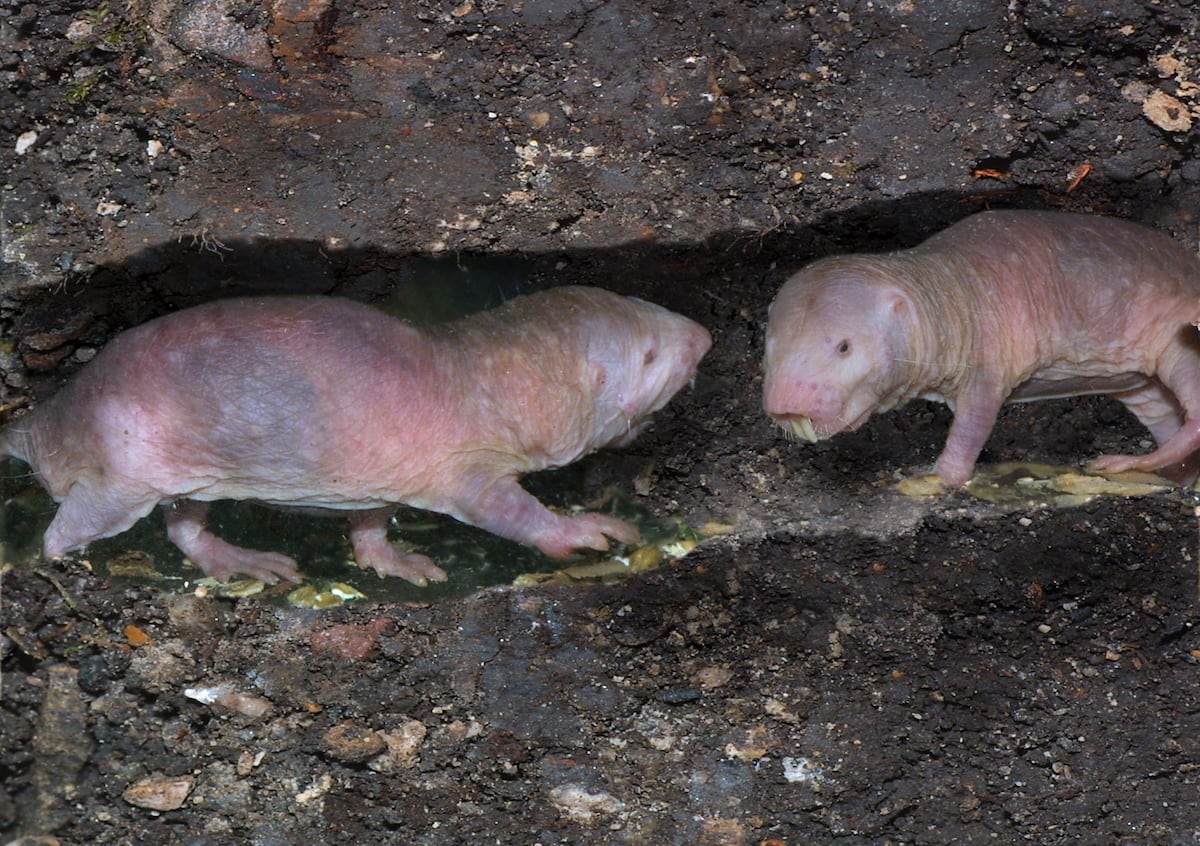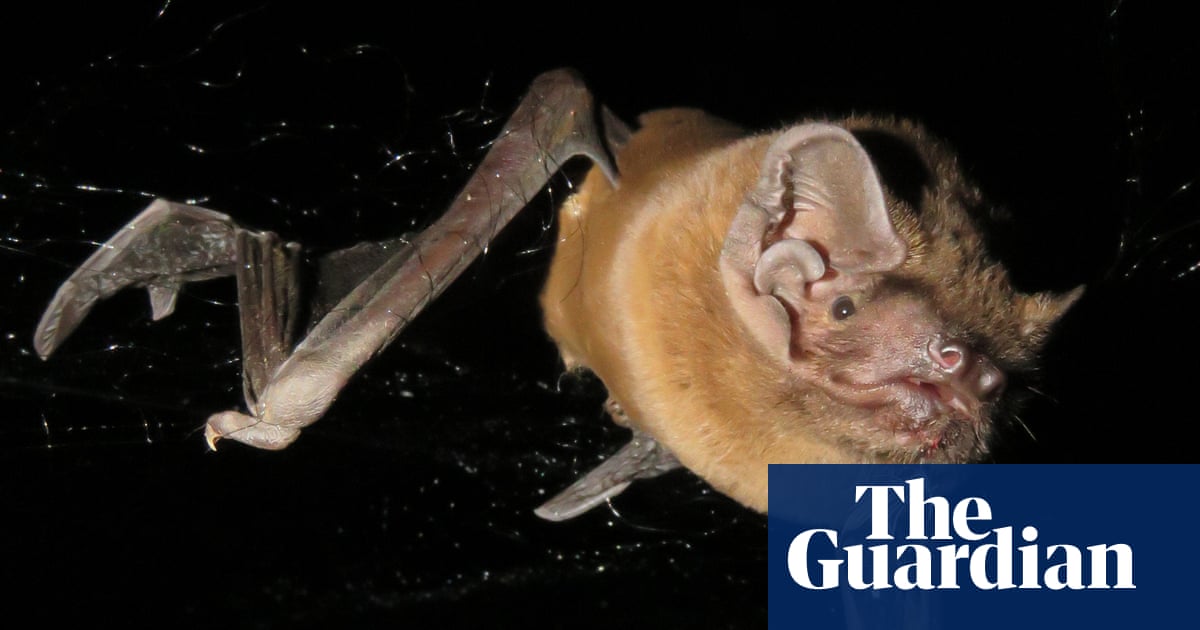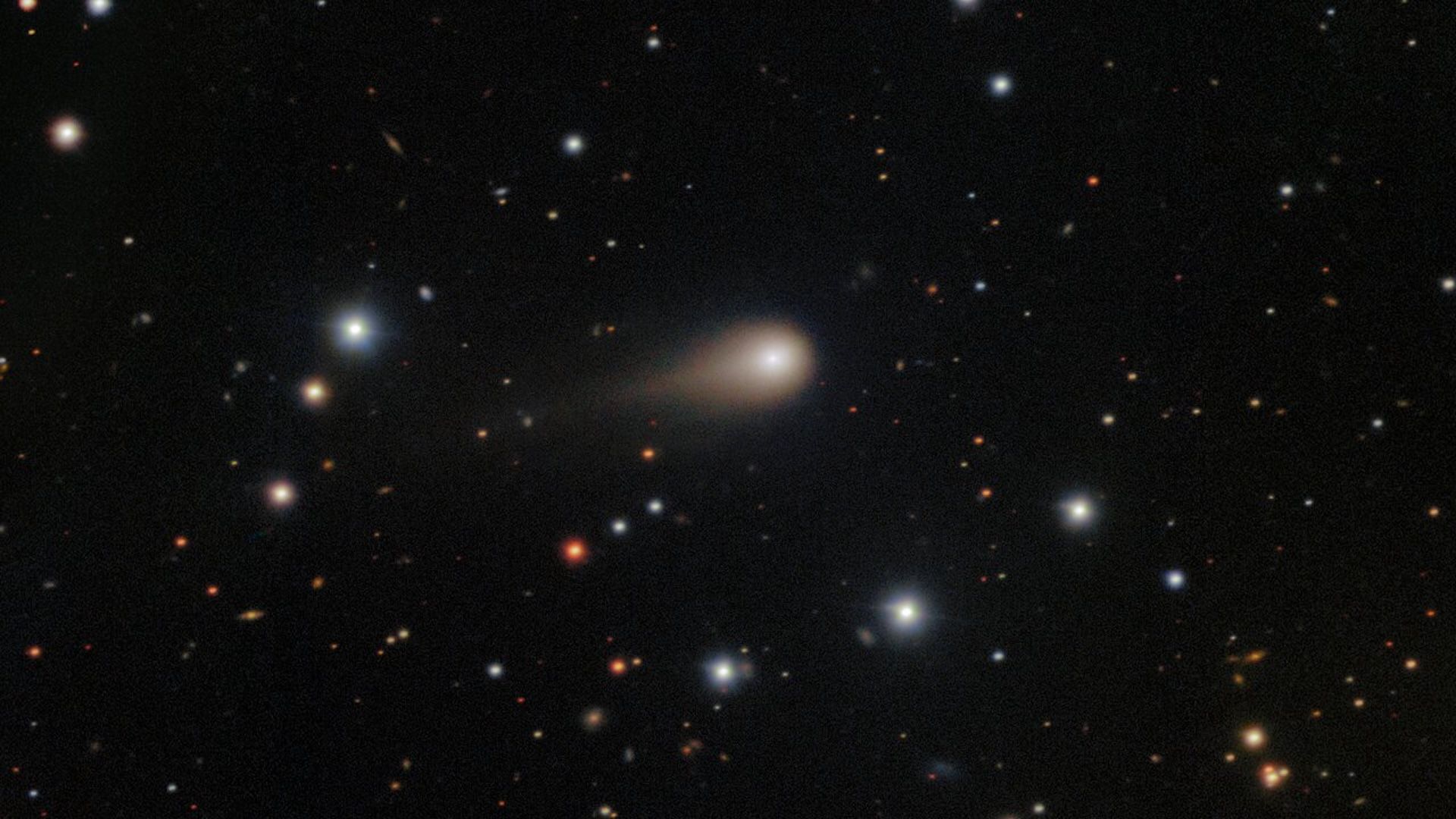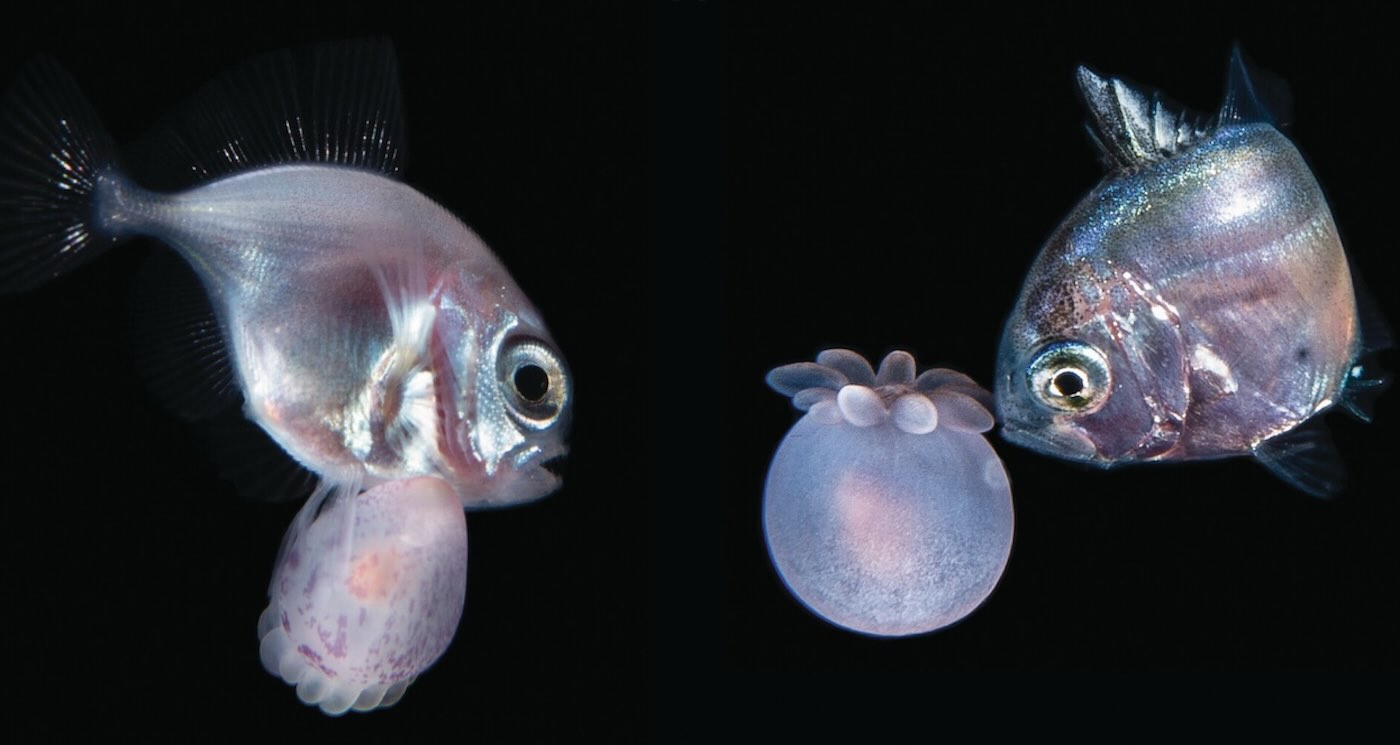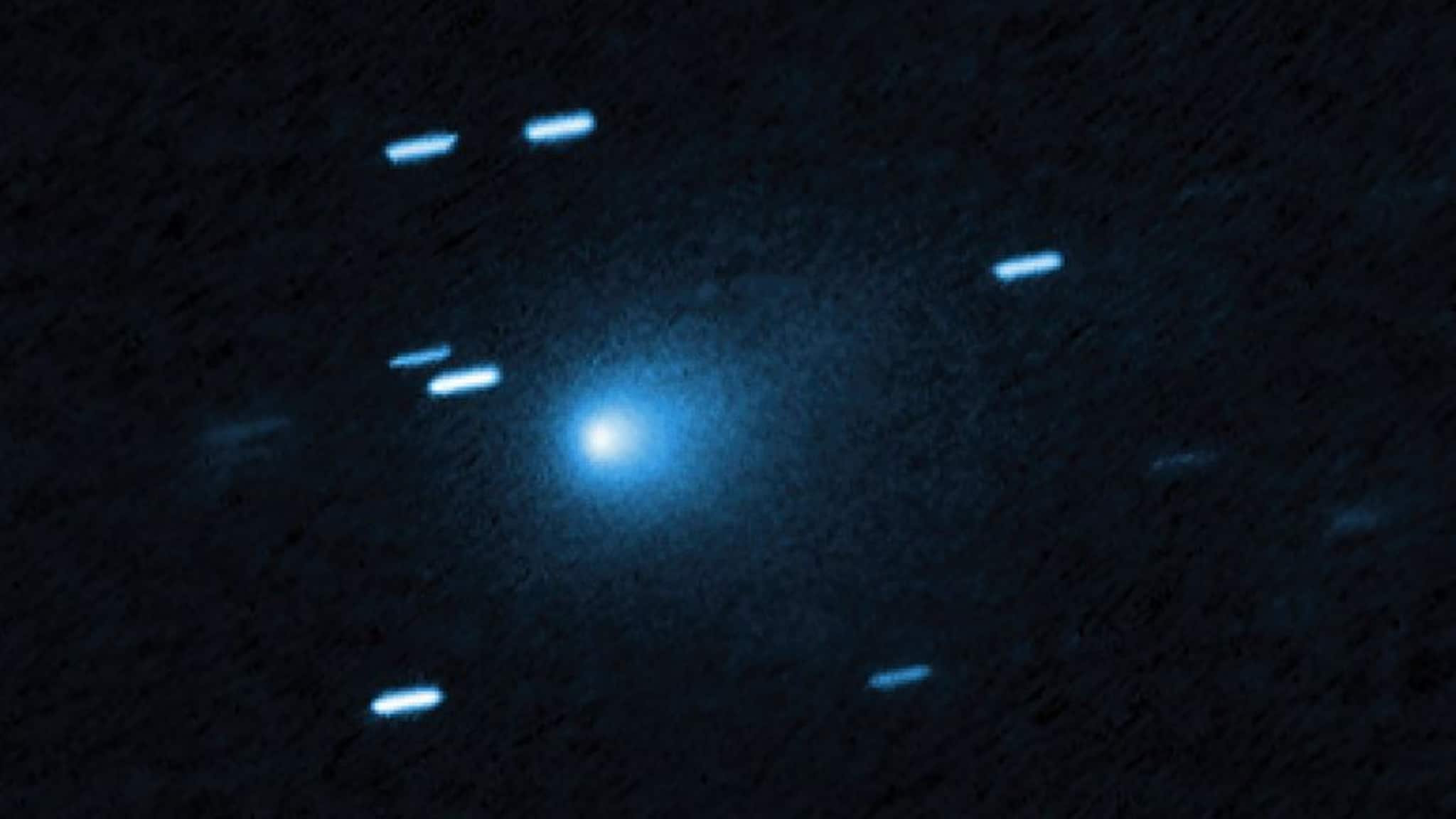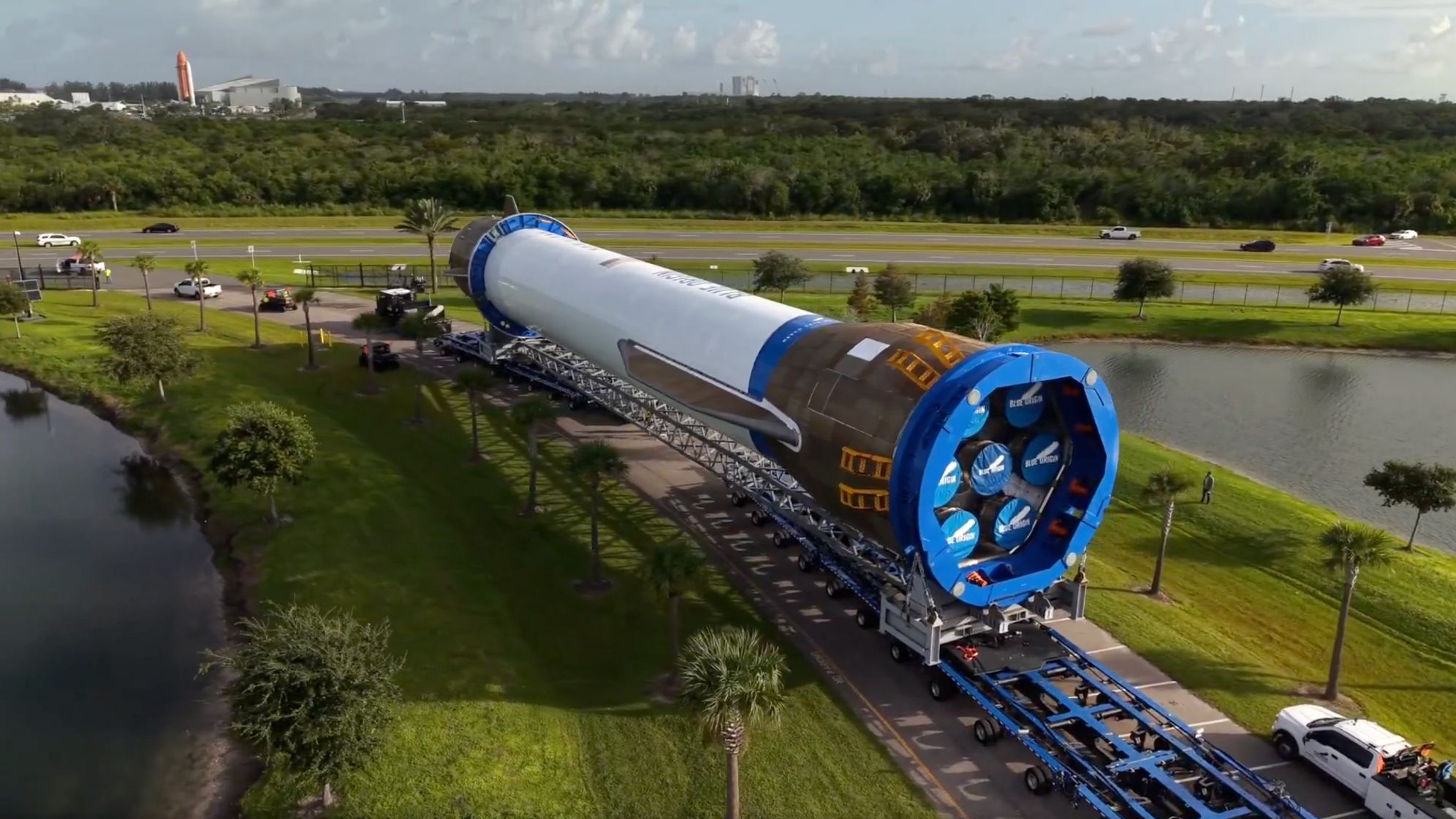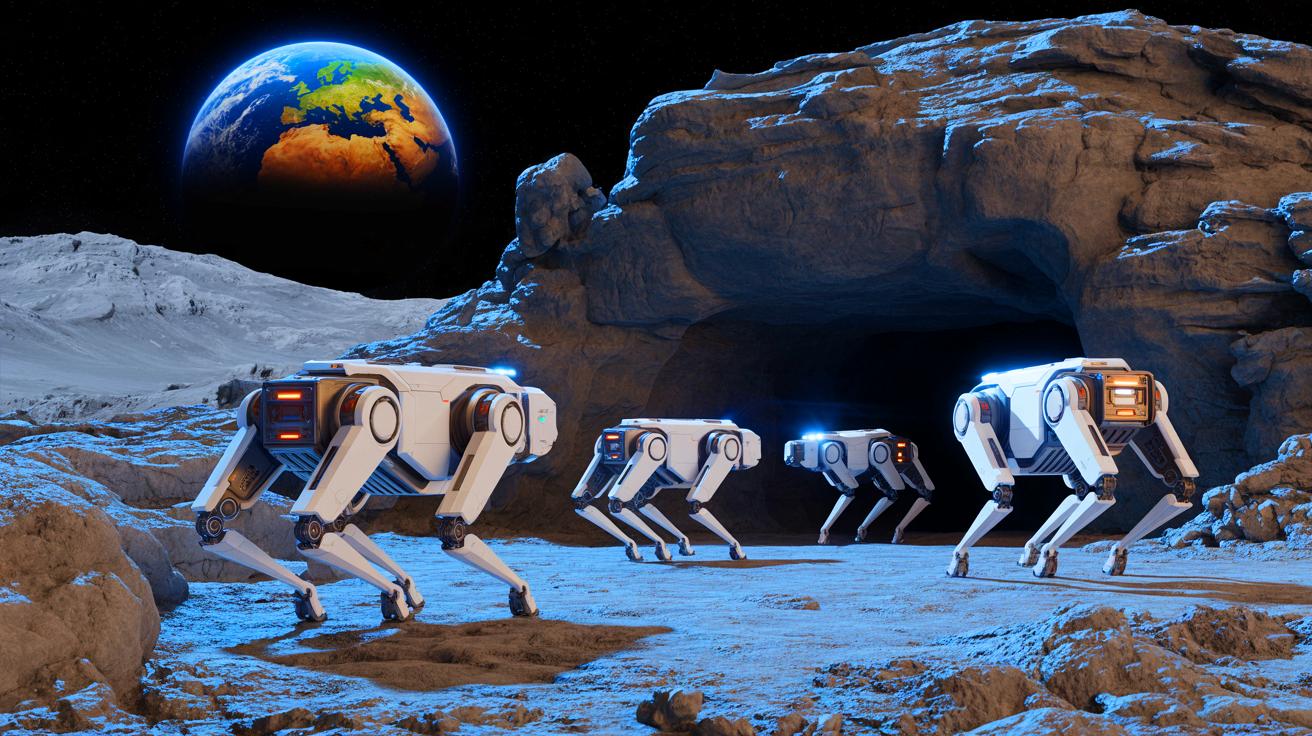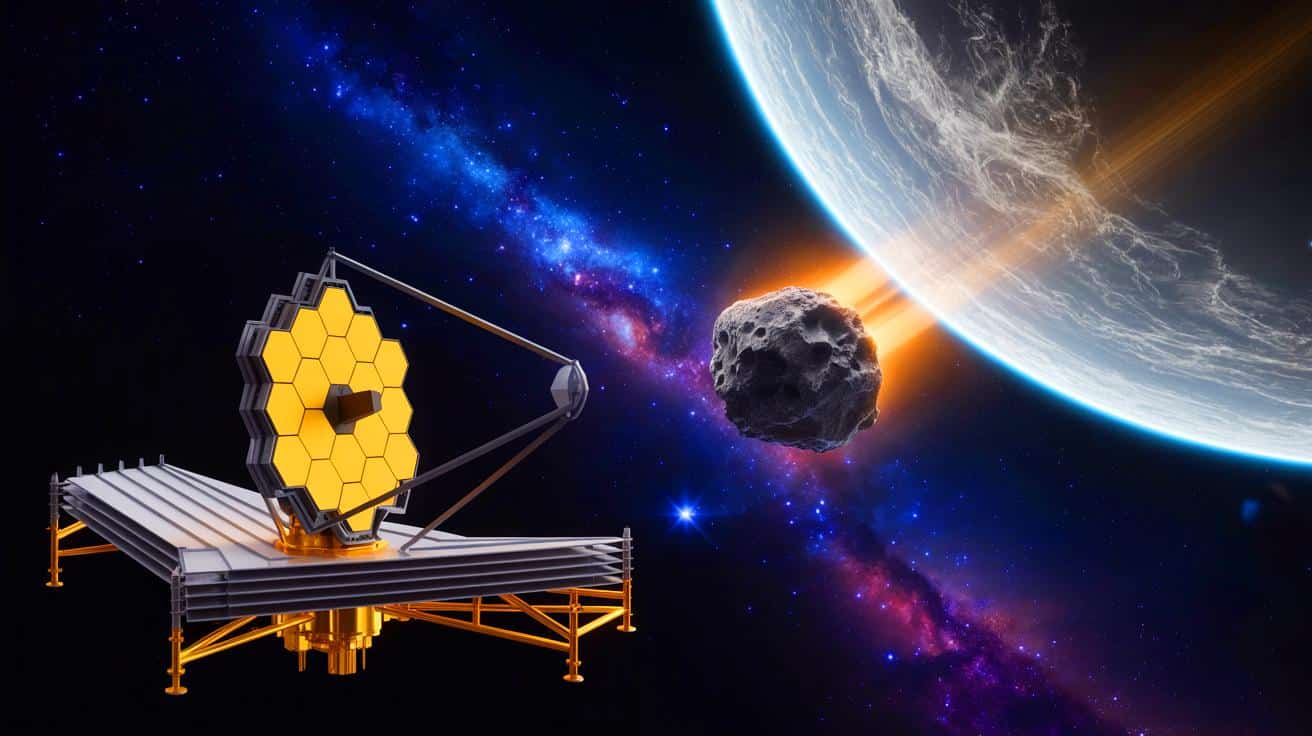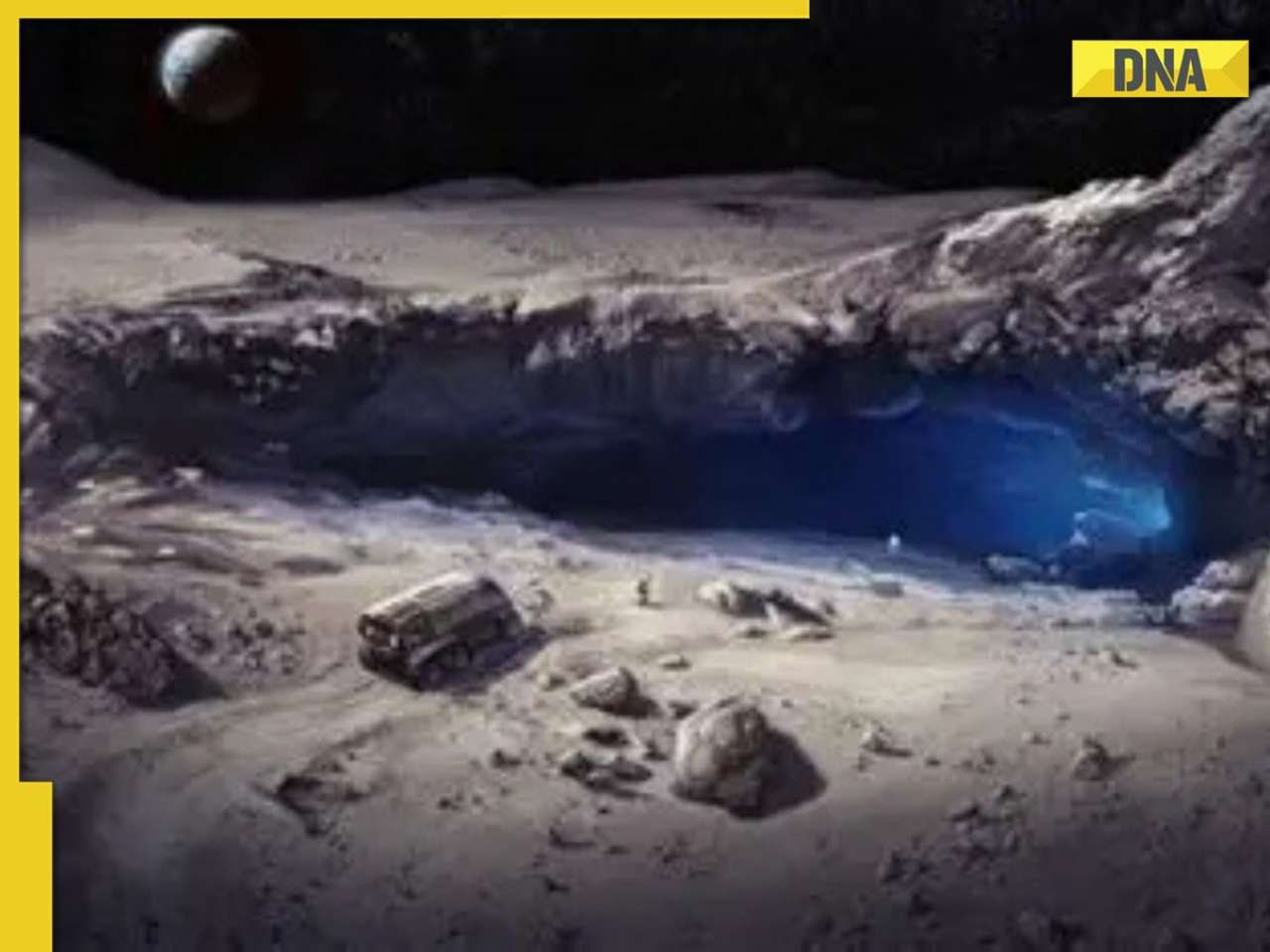Unbelievable! This Bacteria Could Save Astronauts on Mars Missions! #AINews
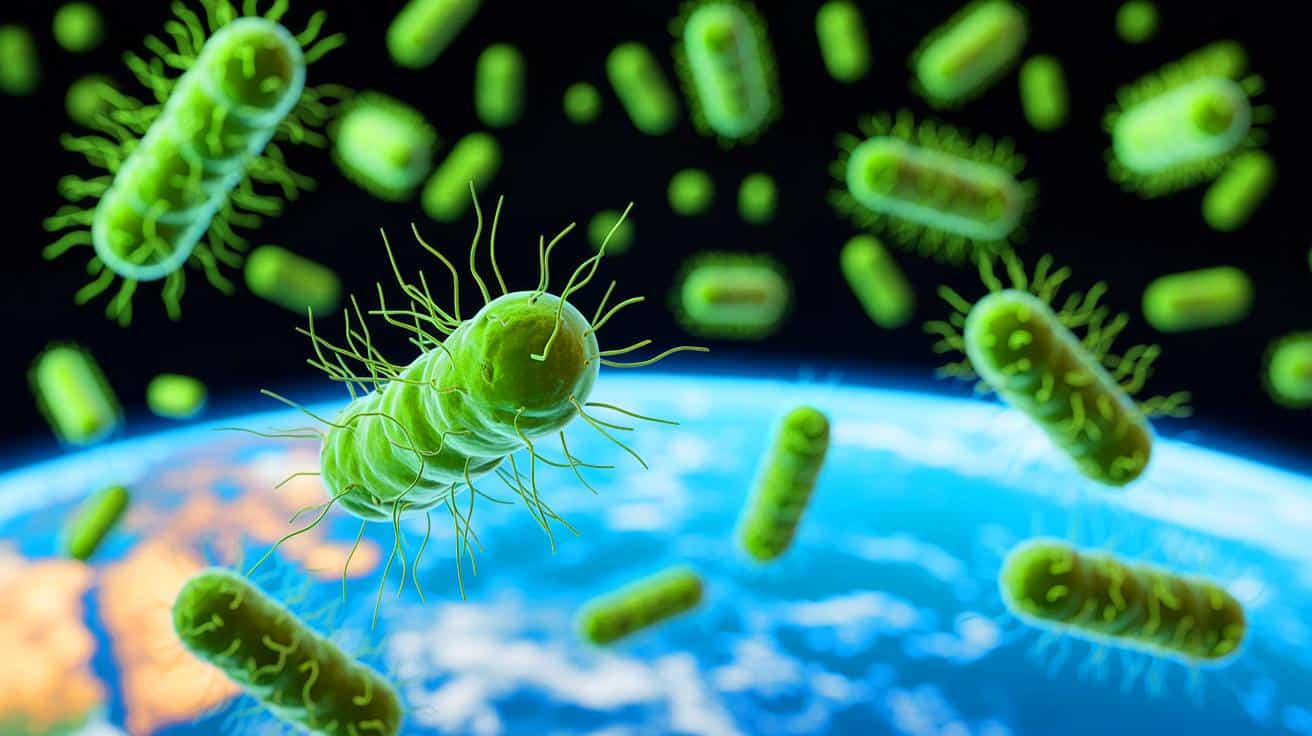
Imagine a world where tiny spores could be the key to humanity’s survival on another planet! Researchers have made an astonishing discovery: certain bacterial spores can endure the brutal conditions of space travel, raising hopes for our long-term missions to Mars.
In a groundbreaking study conducted by scientists at RMIT University in Melbourne, the resilient Bacillus subtilis, a bacterium recognized for its vital role in human health, has shown it can withstand the extreme forces of launch and the harsh microgravity environment of space. This discovery is not just a scientific triumph; it’s a beacon of hope for maintaining astronaut health during prolonged space journeys.
Since the 1970s, human space exploration has been limited to relatively short missions. But as we set our sights on a colony on Mars, we face unprecedented challenges. Microorganisms like Bacillus subtilis are crucial for sustaining life, playing a vital role in immune function, gut health, and even blood circulation over potentially decades-long missions.
One of the major concerns was whether these beneficial bacteria could survive the perilous journey through deep space, where they would be exposed to intense radiation and microgravity. Space radiation, including Galactic Cosmic Rays and Solar Particle Events, poses a significant threat to microbial DNA. Meanwhile, microgravity could alter bacterial behavior, impacting astronaut health.
To test their resilience, researchers launched Bacillus subtilis spores aboard a sounding rocket to the edge of space, experiencing forces up to 13 times stronger than Earth’s gravity, followed by over six minutes of microgravity at altitudes exceeding 161 miles. Remarkably, despite the fierce re-entry deceleration forces, the bacteria not only survived but thrived. Their ability to maintain structure and grow normally after such an ordeal reveals their potential to support astronaut health on extended missions.
This discovery could revolutionize life support systems for future missions to Mars. Pharmaceutical companies may leverage this foundational data for experiments in microgravity, pushing the boundaries of life science and potentially yielding new solutions for antibiotic-resistant bacteria here on Earth.
RMIT space science expert Gail Iles pointed out that understanding microbial endurance is critical for developing sustainable life support systems. The study’s insights into microbial survival could lead to groundbreaking advancements not only in space travel but also in healthcare on our home planet.
As researchers push for further funding to expand life science experiments in microgravity, exploring the resilience of more delicate organisms could bring us closer to establishing a sustainable human presence on Mars. The resilience of Bacillus subtilis is paving the way for future explorations and innovations that could transform both space travel and life on Earth.
This groundbreaking research sheds light on the pivotal role microorganisms play in human health during space travel, providing crucial insights into how they withstand rapid changes in gravity and environmental conditions. As we prepare for longer missions beyond Earth’s orbit, it’s essential to ensure the stability and functionality of these microbial communities.
The findings from RMIT University hold profound implications for space exploration and healthcare, showcasing the importance of understanding and protecting beneficial microorganisms as we venture into the cosmos.











